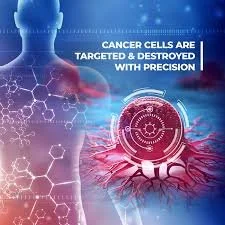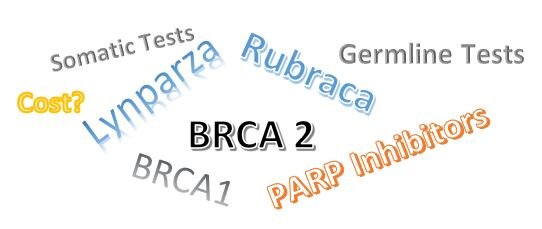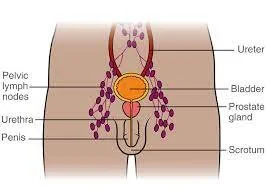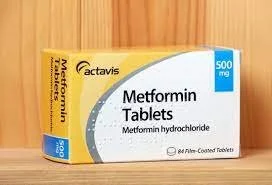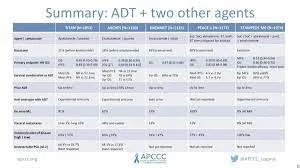Men with prostate cancer with both nodal and bone metastases due worse with ADT plus docetaxel chemotherapy than men with only bone metastases. In addition, increased nodal metastases burden is a negative prognostic biomarker.
Metformin Did Not Prevent Anthropometric and Metabolic Complications of ADT in Men With Prostate Cancer Receiving Radical Radiotherapy
Al Discussion on mHSPC Treatment Options -Using Doublet and Triplet Treatments
A New Standard of Care After Prostate Surgery
Orgovyx - The Newest Hormone Treatment (ADT) for Prostate Cancer
FDA Approves An Oral Hormone Therapy (ADT)
The Food and Drug Administration has approved a new drug for men with advanced prostate cancer. The approval is for a first in kind hormone therapy (ADT) taken orally (by mouth) instead of the regular Lupron type injections we have been using.
Besides achieving and maintaining adequate levels of castration, Orgovyx was also superior to Lupron because it cut the incidence of serious heart events compared to Lupron.
Is ADT Necessary When You Take Abiraterone Acetate (Zytiga)?
Relugolix - An Oral Lupron Like Drug – On The Horizon
Myovant Sciences has developed an alternative gonadotropin-releasing hormone (GnRH) antagonist named relugolix. Their still investigational treatment is an oral (taken by mouth) as opposed to an injectable gonadotropin-releasing hormone (GnRH) antagonist. It has completed a very successful phase III clinical trial called HERO has been submitted to the FDA for approval. We at Cancer ABCs believe relugolix will be approved by the FDA shortly.
Decipher Prostate RP Identifies Men with Recurrent Prostate Cancer Who Are Likely to Benefit from ADT
Adding ADT to Salvage Radiation Improves Progression-Free Survival for Prostate Cancer
ADT With and Without Xtandi in Men with Metastatic Hormone Sensitive Prostate Cancer: The ARCHES Trial
Short Term ADT with Radiotherapy As Salvage Treatment After Surgery: Update at 9 years of the GETUG-AFU 16 phase III Randomized Trial
The ENZAMET Study: Adding Enzalutamide to ADT in Metastatic Hormone-Sensitive Prostate Cancer Extends Survival
Higher Gleason Score and ADT Efficacy
The Synergy between Xtandi and Zytiga with ADT – Is it Important to Continue Taking ADT Along with Xtandi and Zytiga?
ADT Plus Docetaxel and Estramustine vs. ADT In High-Risk Localized Prostate Cancer
Degarelix Might Be Superior to Leuprolide in Minimizing Cardiovascular Disease and Incidents in Men with Prostate Cancer
We know that the incidence of both cardiovascular disease (CVD) and prostate cancer increase with age, resulting in higher mortality. CVD is the second most common cause of death in men with prostate cancer [1,2] Hormone therapy (ADT) with gonadotropin-releasing hormone (GnRH) agonists like Lupron for treatment of prostate cancer has been linked to additional increases in CVD morbidity and mortality. This link is especially evident in the first year of treatment [3], and men with a history of CVD are at higher risk [3].
Degarelix, which is different from the (GnRH) agonists, is a GnRH receptor antagonist also approved for the treatment of men with advanced prostate cancer. However, good data is suggesting that degarelix might have a lower incidence of causing CVD than the GnRH agonists
Castration Levels and ADT
Does Hormone Therapy (ADT) Work?
Through the work of Huggins et al. [1] in 1941, it was shown that metastatic prostate cancer responds positively to an orchiectomy (surgical castration). We now know that there isn’t any other therapy which produces a more reliable regression of both distant and local disease than androgen withdrawal (ADT).


